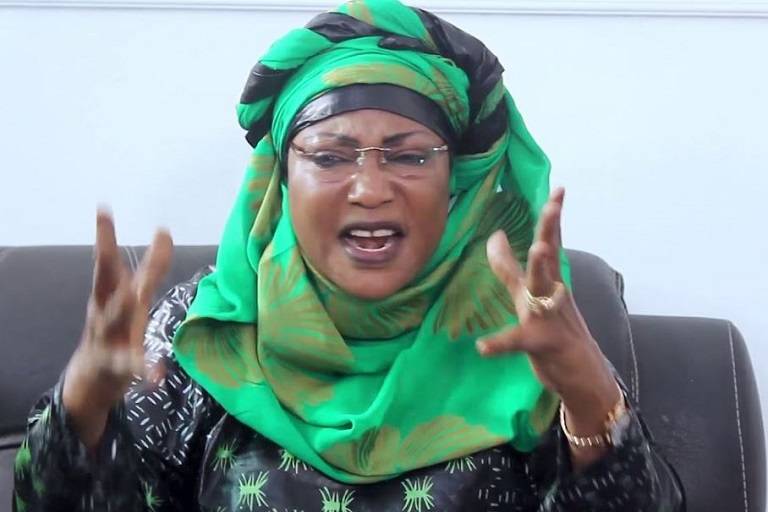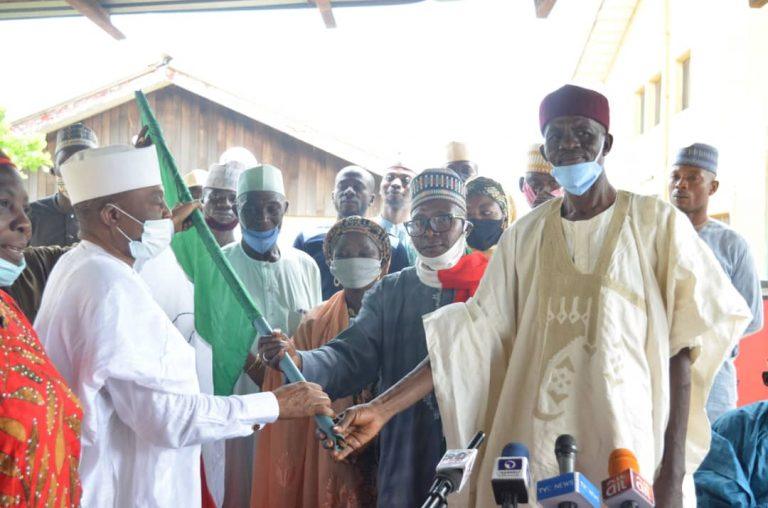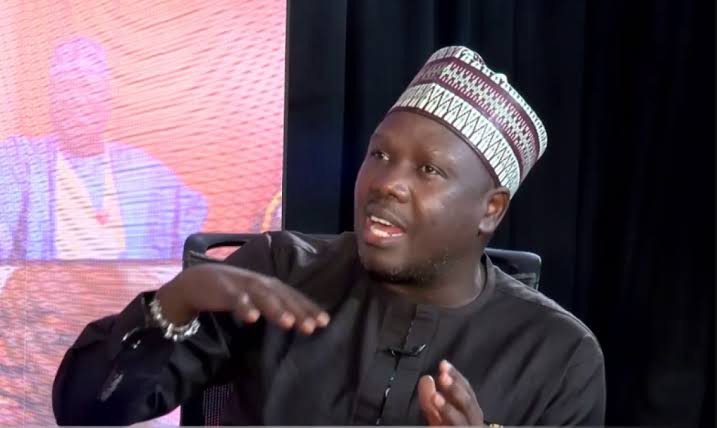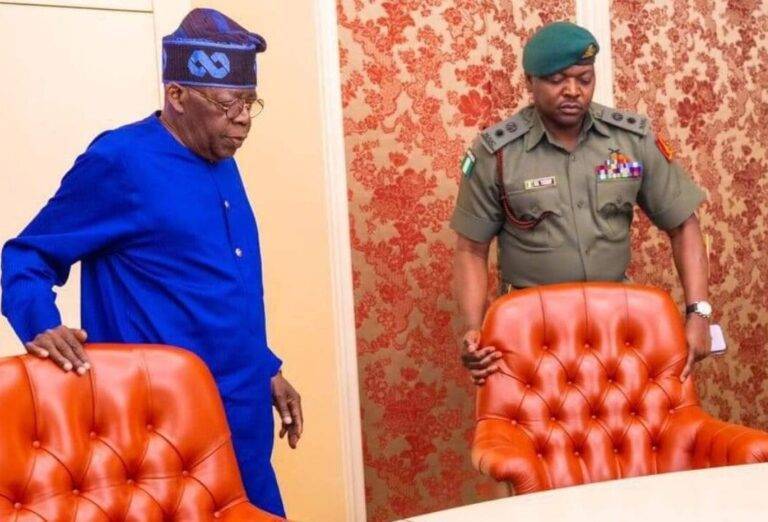COLUMN | Between the Dehumanization-Kinked Affluent and the Voyeuristic Masses
By Abdulqadir M. Habeeb
“This isn’t empathy. It’s a fixation. A twisted obsession with seeing others beneath us. A need to affirm our own comfort by showcasing their lack.”
In a society where optics overshadow intent, where empathy is performed rather than lived, we are witnessing a troubling evolution of charity, one where suffering must be broadcast before it is addressed. This column unpacks that tension, where the powerful seek validation through the powerless, and the masses-both victims and spectators-feed a cycle that strips dignity in the name of help.
But let us tread carefully: not all public charity is inherently exploitative. The question is one of intent, power, and the systems that turn compassion into content.
The dehumanization obsession enjoyed by many among Nigeria’s privileged classes-politicians, social media influencers, and wealth-flaunting aspirants-barely hides when they step in to “help” the downtrodden. It is a sad story told too often, dressed in pity, staged for effect. Watching, clapping, reposting is a crowd that knows no pause: the voyeuristic masses, ever thirsty for content coated in suffering.
We’ve all seen it. The affluent-or those who dress up as such-roll out their pity performances with camera crews in tow. A handout here, a condescending hug there, a few thousand naira for dramatic effect. To be clear, the issue is not the act of giving, nor the documentation of goodwill. After all, visibility can inspire others. The rot lies in the why and how: the need to be seen as good eclipses the good itself. To be applauded. To be relevant.
In this theatre of aid, the poor are stripped of dignity and offered survival as spectacle. They must perform gratitude. They must cry on cue. They must look appropriately helpless so the performance lands well. And we, the watching crowd, lap it up, forwarding the videos, commenting praises, legitimizing the entire charade. Yet our participation is not merely a moral failing. It is a symptom of a society conditioned to equate viral suffering with “awareness,” to confuse hashtags with action. Algorithms reward outrage and pity, not quiet resolve. We scroll, we share, we move on, our consciences briefly soothed by the illusion of involvement.
What’s tragic is not just that help has become a stage play, but that the audience demands it. The masses, broken and battered by the same system that births this inequality, have grown to crave the show. They do not question why a person must suffer publicly to receive help. Is it apathy? Or is it a twisted coping mechanism-a way to normalize their own struggles by watching others endure worse? Either way, they validate every staged tear and every prideful savior act.
We rarely ask the real questions: Why must charity be recorded? Why must the poor become content before they are seen? Why does dignity come only after exposure? The answers lie in our collective addiction to narrative. Suffering without a storyline-without a hero, a villain, a climax-feels unresolved. So we mold reality into digestible arcs: the “generous benefactor,” the “grateful poor.” Reality, however, is messier. Poverty is not a three-act play; it is an unending siege.
Yet there exists a crucial distinction between documentation and exploitation, between visibility and voyeurism. Consider Asherkine’s multifaceted approach to community uplift-whether supporting education, empowering market vendors, or assisting struggling families-his documentation serves accountability and inspiration while focusing on systemic inequalities rather than individual salvation narratives. When Tunde Onakoya leverages his platform, he transcends casual expectations-using his chess journey to illuminate education gaps, advocate for youth potential, and drive conversations about opportunity access that extend far beyond the game itself. During Ramadan, countless chefs and food entrepreneurs document their efforts to feed fasting Muslims, but the narrative centers on community care and religious solidarity, not personal heroism.
These examples reveal what ethical publicity looks like: beneficiaries are collaborators, not subjects. Stories highlight systemic issues alongside individual impact. The goal is sustainable change, not viral moments. Most importantly, those being helped maintain agency over their own narratives. They are not reduced to tear-streaked faces clutching rice bags, but recognized as full humans with context, dignity, and voice.
This isn’t empathy. It’s a fixation. A twisted obsession with seeing others beneath us. A need to affirm our own comfort by showcasing their lack. And when it’s packaged well, with the right lighting and hashtags, it becomes palatable-even admirable. But let us also ask: Who benefits from this narrative? Media empires monetize misery. Politicians weaponize pity. And the rest of us, scrolling in the dark, mistake visibility for justice.
The politician takes it a step further. Elected to serve through structured machinery, equipped with state resources meant to uplift every citizen, he fails first. He fails to build systems, to distribute wealth with fairness, to govern with conscience. And when that failure is complete, he joins the bandwagon of givers. He too begins the public performance. With the state’s stolen purse in one hand and a camera in the other, he poses as a redeemer, an actor in a tragedy of his own making. Here, the solution is not to shame charity but to demand accountability: Why must citizens rely on erratic acts of goodwill rather than systemic equity? Why must a bag of rice, stamped with a politician’s face, substitute for functioning policies?
This is how charity is repackaged. Not as quiet kindness, but as theatre. Not for healing, but for optics. The poor must now perform for help. They must be seen crying, barefoot, overwhelmed, clutching sacks of rice like trophies. There must be tears, or it did not happen. Yet there is a counter-movement growing: organizations and individuals who give anonymously, who amplify voices rather than saviors, who pair aid with advocacy. Their work whispers: It is possible to help without harming, to document without exploiting.
Legitimate organizations often share stories to demonstrate impact, secure funding, and inspire action-but they center the voices of those they serve. They ask for consent, share decision-making power, and focus on systemic solutions rather than individual salvation narratives. The difference lies in who controls the story and who benefits from its telling. When documentation serves transparency and accountability rather than ego and engagement, when it builds bridges rather than barriers, when it educates rather than entertains-then visibility becomes a tool for justice, not theatre.
And we, the people watch. We validate. We lend it meaning with our reposts and applause. We find comfort in their display of need because it shields us from our own powerlessness. But powerlessness is a lie. What if we redirected our clicks? Supported NGOs that reject poverty porn? Demanded transparency in public spending? What if we became spectators no longer?
It is no longer enough to do good. It must be done with a lens, with a caption, with a crowd. Real compassion, the kind that moves silently, steadily, without witness, is now suspect. We have grown suspicious of kindness without clout. Yet history’s most transformative acts of solidarity often had no audience: the neighbor sharing a meal, the teacher paying a pupil’s fees, the stranger covering a hospital bill. Their anonymity did not negate their impact; it purified it.
And so, the poor remain actors in a film they never auditioned for. Their hardship edited for emotional effect, their gratitude packaged for consumption. And the rest of us, floating somewhere between sympathy and spectacle, have become far too comfortable with it all. But discomfort is the first step toward change. Let us question the stories we’re sold. Let us reject the idea that suffering must be entertaining to matter.
Perhaps one day, we will rediscover the kind of care that does not require applause. The kind of help that restores, not performs. The kind that leaves no footage behind, no slogans, no stage-just quiet traces of healing, a whisper of grace, a return of dignity. This future is not naively utopian. It begins with small acts: donating without filming, following grassroots organizers instead of influencers, pressuring leaders to fix systems rather than photo ops. It grows when we learn to distinguish between documentation that serves accountability and spectacle that serves ego.
But until then, the theatre continues. Its curtains rise every day, its actors tired, its audience eager. Yet more are walking out. More are asking, “Who profits from this show?” More are writing scripts where the poor are protagonists, not props. More are choosing to amplify voices rather than manufacture tears.
And in those moments of light, we must pause and ask ourselves: Are we here to uplift, or simply to watch? Better still: What will we do after the screen fades to black?
‘Posterity shall vindicate the just’
Habeeb is a Tech, Strategy, and Innovations consultant based in Abuja. He keeps a periodic column here and can be reached via habeebajebor@gmail.com.







